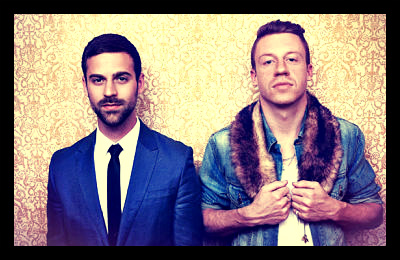Renowned Kenyan author Binyavanga Wainaina, a 43-year -old man, has come out stating that he is gay, becoming one of the most well-known Africans to ever do so publicly. He published a piece on the websites AfricaisaCountry.com and Chimurenga.co.za called “I am a homosexual, mum,” in which he imagines telling his mother on her deathbed that he is gay.
“Nobody, nobody, ever in my life has heard this. Never, mum. I did not trust you, mum. And. I. Pulled air hard and balled it down into my naval, and let it out slow and firm, clean and without bumps out of my mouth, loud and clear over a shoulder, into her ear. ‘I am a homosexual, mum,’” Wainaina writes.
Wainaina’s coming out coincides with the debate and passage of stringent anti-gay laws in Nigeria and Uganda, as well as existing laws prohibiting homosexuality in most African nations, including his native Kenya.
In fact, LGBT Kenyans can be put in jail for up to ten years if they are convicted of participating in homosexual acts, though the law is not often applied. Kenya’s culture remains conservative in regards to homosexuality.
In Nigeria, the government passed a ruling outlawing gay marriage, gay organizations and attending social or political gatherings related to gay causes. Moreover, Uganda has been mired in international controversy over its harsh anti-gay rhetoric and laws.
Not all African nations, however, forbid homosexuality. In a groundbreaking move, South Africa’s 1997 constitution legalized gay marriage.
It is within this African cultural framework that Wainaina has received criticism and praise, though he says the support has been overwhelming.
Wainaina took to Twitter, saying, “Ten million thank yous to the thousands of Africans and others who have given all kinds of public love, [and] support. We live in a beautiful continent.”
He elaborated in an interview with The Global Post, saying that, “It seems like doom and gloom, but my feeling is that the law is a reaction to a thing that they know has traction. And that’s a good thing. There’s no way to put that shit back in the box.”
Wainaina had contemplated coming out publically sooner, especially while he tried to reconcile his relatively free lifestyle in Nairobi and knowing that other LGBT Africans were being persecuted.
As a frequent traveler to Nigeria, Wainaina has sharply condemned the country’s new anti-gay marriage law, saying it “shames us all.” He also states that visiting the country now that he has come out will be an “adventure.”
To those who argue that homosexuality is “un-African,” Wainaina also has sharp words. He points to deeply entrenched puritan values stemming from Victorian era churches, as well as propaganda and fear-mongering as the culprits behind the creation of the fallacious idea that homosexuality is wrong, unnatural, and un-African.
The 2002 Caine Prize-winning author is poised to embrace his role in fighting for the rights of LGBT Africans, and he believes people are ready.
“People who live in societies where you are being lied to a lot value truth,” he states. “I’m a pan-Africanist; I belong to this continent.”
– Kaylie Cordingley
Sources: BBC, Global Post, Huffington Post, The Guardian
Photo: Internaz




